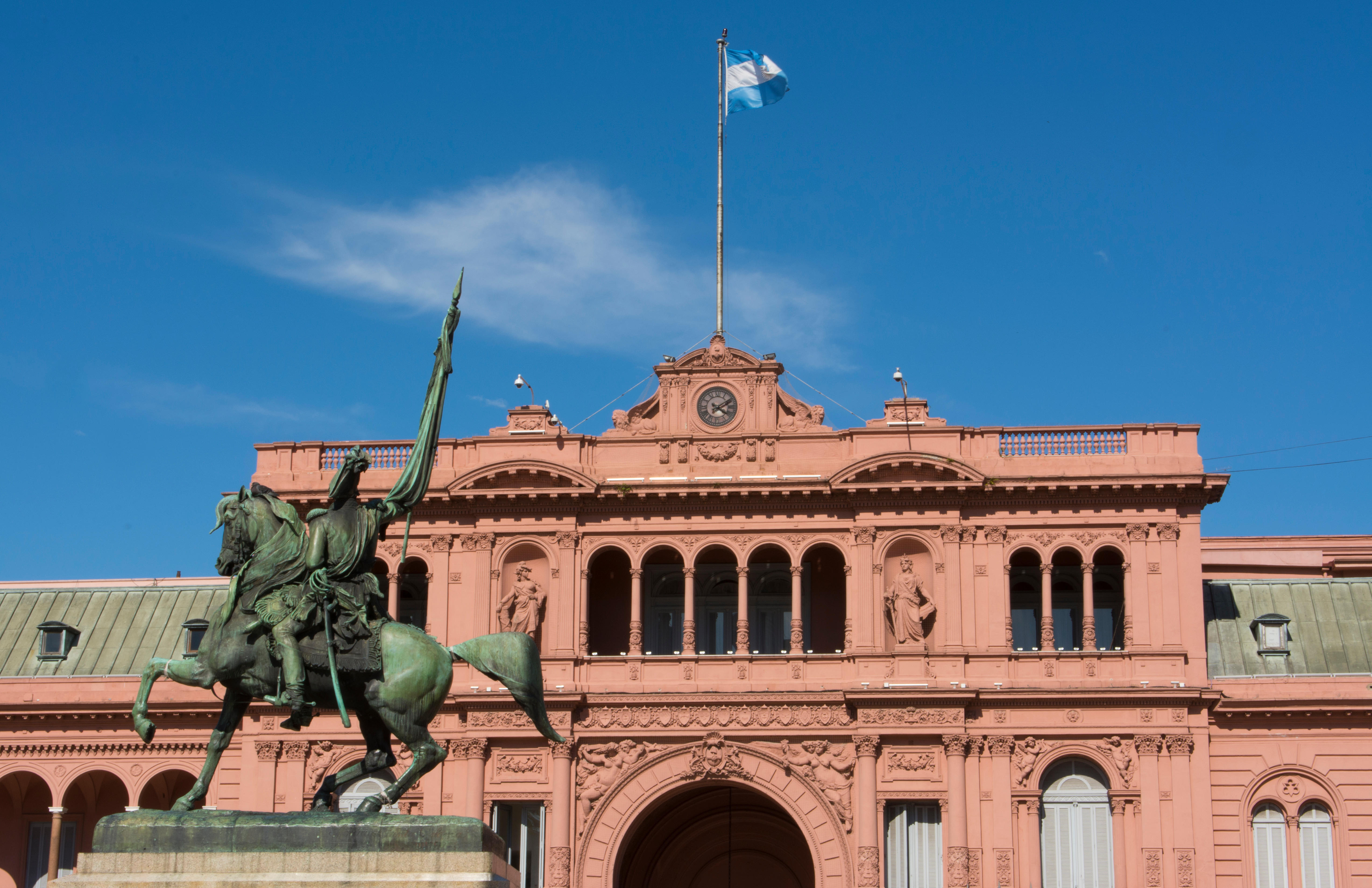Argentina unveils measures to combat 22% currency devaluation. The Argentine Economy Minister and presidential candidate, Sergio Massa, revealed several actions to mitigate the purchasing power decline caused by the currency devaluation approved on August 14.
These measures aim to support small and medium-sized enterprises, retirees, salaried workers, self-employed workers under the simplified tax regime, social economy workers, and groups relying on state aid programs.
Massa attributed the Argentine currency’s devaluation to the country’s agreement with the International Monetary Fund (IMF) and a historic drought reducing agricultural exports, a key economic driver.
Retirees and pensioners will receive an additional 37,000 pesos (US$99) monthly for September, October, and November, raising the minimum pension to 124,000 pesos (US$350).

They will also have access to credits up to 400,000 pesos in 24, 36, or 48 installments at a quarter of the current bank rates and a value-added tax refund on debit card purchases.
Self-employed workers under the simplified tax regime will be exempt from the tax component for six months in the four lowest categories and offered state-guaranteed credits.
Salaried workers will have access to credit lines at half the credit card interest rates.
Social aid program beneficiaries will receive an additional 10,000 pesos in September and October, and the Alimentar Card program beneficiaries will receive a 30% increase.
To boost the agricultural sector, export duties will be zero for regional economies like wine, grape juice, rice, tobacco, forestry, citrus peel, wheat, and corn sowing.
Emergency agricultural producers will receive up to five tons of fertilizers through an agreement with YPF.
A pre-financing program of US$770 million was announced to strengthen exports.
Argentina approved a 22% exchange rate jump the day after the August 13 primary elections, after defending an official exchange rate half the parallel market rates due to stringent government restrictions on accessing the official exchange market.
The currency devaluation quickly affected prices, which had already risen by 113.4% annually in July.
August’s monthly price increase will be expected to exceed two digits, widening the exchange rate gap to around 100%.
Massa is the ruling party (Peronist) candidate for the October 22 presidential elections.

